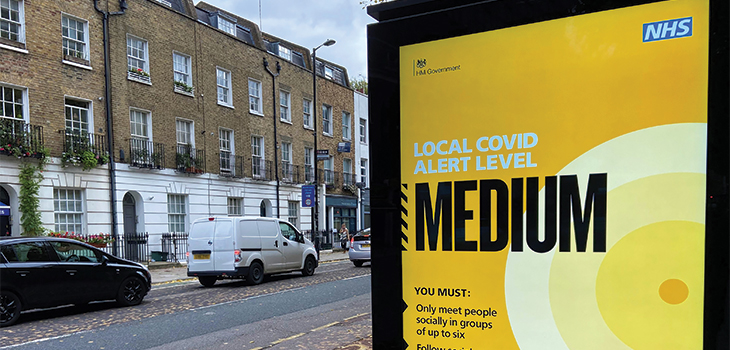
- The COVID-19 pandemic has led to the creation of a plethora of ‘guidance’—while not technically ‘law’, much of this guidance is underpinned by real law with which we are obliged to comply.
Where do we find English law?
We might offer the following, rather simplistic, explanation to children: laws are made by Parliament and consist of primary legislation (‘Acts’ or ‘statutes’) and secondary legislation (‘statutory instruments’ or ‘regulations’). The key difference is that secondary legislation can be passed more quickly and with less rigorous parliamentary scrutiny. Both types of legislation are implemented by our ‘executive’—ie civil servants, the police etc. Ideally, legislation should be self-explanatory. Where there is ambiguity, judges help us decide what it means and, if Parliament does not like a judge’s decision, it is usually open to Parliament to change the legislation.
In reality, things are not quite so straightforward. We have









